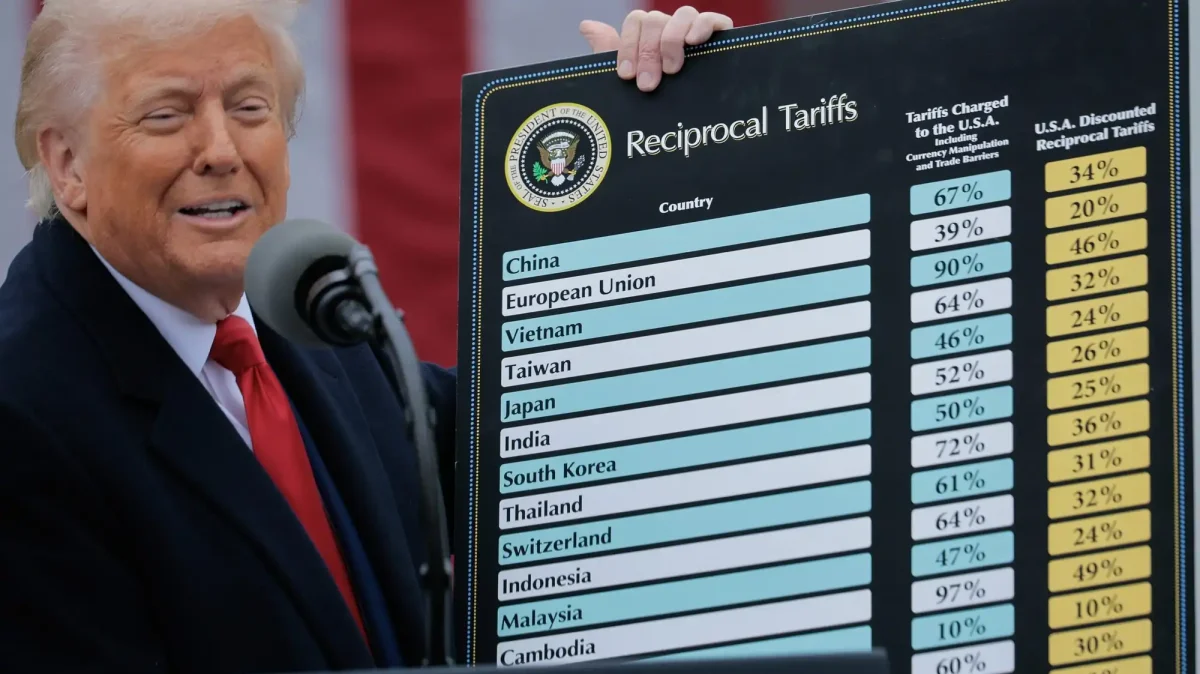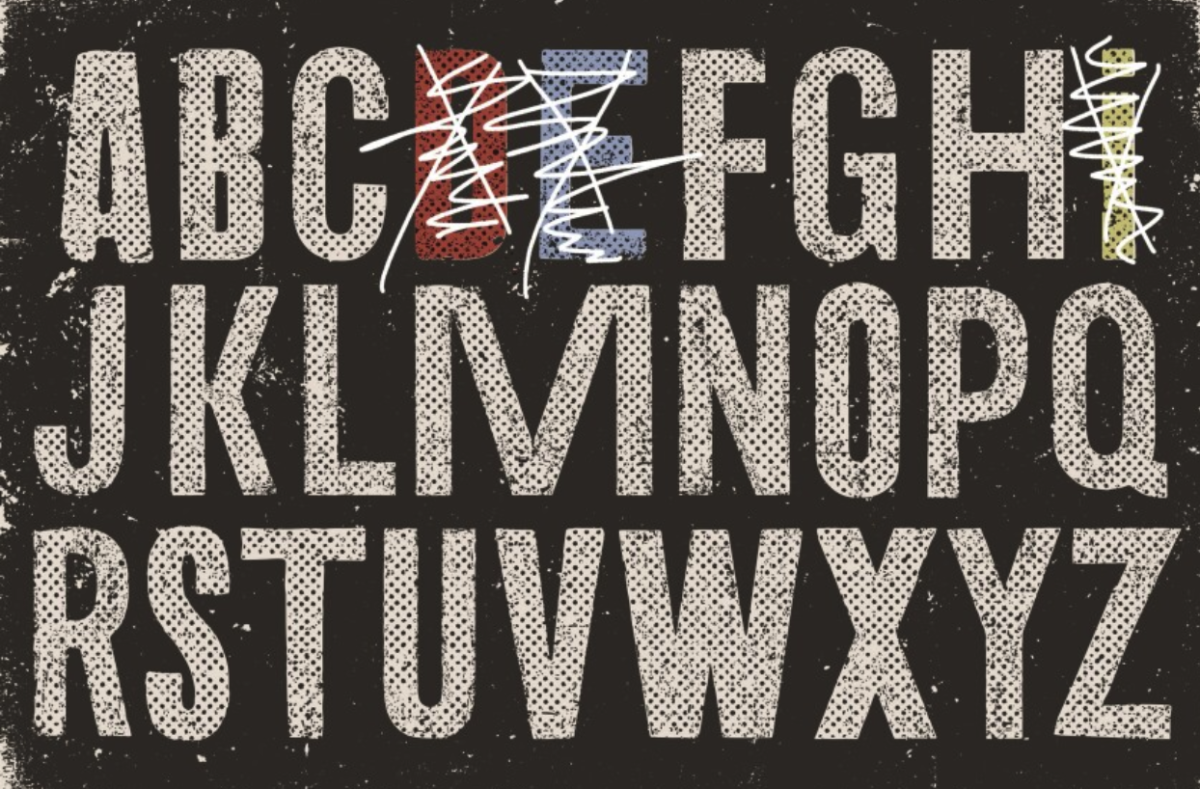The rules were simple: students were to have the teachers sign treaties in exchange for the right to post their flags on the door, designating ownership of the “colony.” Treaties ranged anywhere from bringing the teachers coffee or a bagel to making a display in the library.
“Our group spent thirty dollars on bringing teachers coffee, “ said junior Mary Carson Dobbs, whose country was called “Palet Town.”
While some students fulfilled their treaties, many others did not follow through with them, like many Europeans.
“When I told Dr. Anthou I was going to wash his car and walk his dog for a week, I knew I wasn’t going to do it,” said junior Zack Hoffman. “But man, was he eager to sign that treaty.”
The rooms and offices all had different point values, with the library worth the most. The group to garner the most points is the winner of the competition. Students who were on campus on Monday, Jan. 9 at around 7:30 AM, would have seen juniors running to the library in quest to gain possession of the most coveted colony at Westminster. Throughout the week, students were racing for colonies in order to become the largest empire in the school.
“I was trying to get help before a geometry quiz during office hours, and all of these junior boys ran in and commanded the attention of my teacher,” said freshmen Grace Woodruff. “I didn’t know what to do.”
At the end of the week, only one country could be the winner.
“We saw the value of all of these rooms, and seized the opportunity before anyone else,” said junior Erin McElveen, member of the winning group. “Our efforts in colonizing paid off, and we have more points than any other group.”
The idea for the project was originally given to Wight last year from English teacher Sabrina Waldron, who got the idea from a former colleague in Brooklyn, NY. Wight wanted to use the colonization project to get students excited and involved. The project showed students what the Europeans did in order to colonize Africa during the 1800s.
“The Europeans had to get a treaty from the local leader, place a flag, and have some sort of presence in the colony,” said Wight, “much like what the students had to do in order to colonize the classrooms.”
The project portrayed the rush and stress of trying to become an empire, as well as the way some countries put loopholes in their treaties that allowed them to get away with not fulfilling their promises.
Wight plans on continuing this project for classes in the future. However, she plans to make minute changes.
“I would like to make it a little more academic and have students answer questions about the time period in order to gain access to the rooms,” said Wight. “I would also like to be more clear to students about how the Europeans didn’t fulfill their treaties, so that students don’t spend too much money on coffee.”
Wight also plans to make the duration of the project shorter. Students rushed so fast to colonize all the rooms that all of the available rooms were gone after just two days. Midweek, Wight had to find more rooms to add to the list in order to help students who did not work quite as fast. Lastly, she would like to have students put toy soldiers rather than flags in their colonized classrooms in order to display the presence that colonizers needed.
As European countries’ quests to conquer and become powerful empires was growing in the late 1800s, Europeans increasingly gained interest in Africa. Just like Europe’s “Scramble for Africa,” the Colonization of Westminster project involved speed and determination.
“I learned a lot from this project,” said junior McClain Newton. “Not only did it help us see firsthand how the European countries operated, but it was also a ton of fun.”





